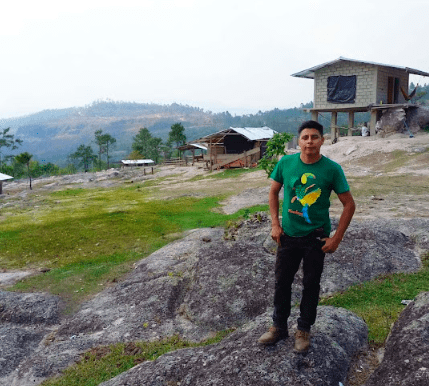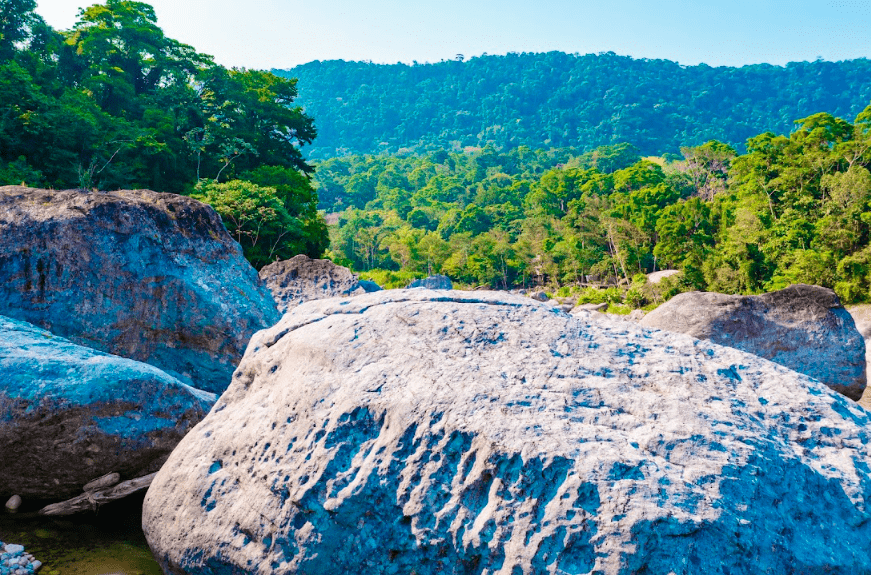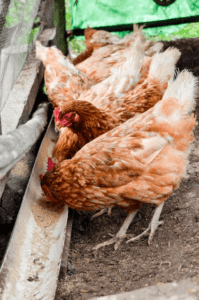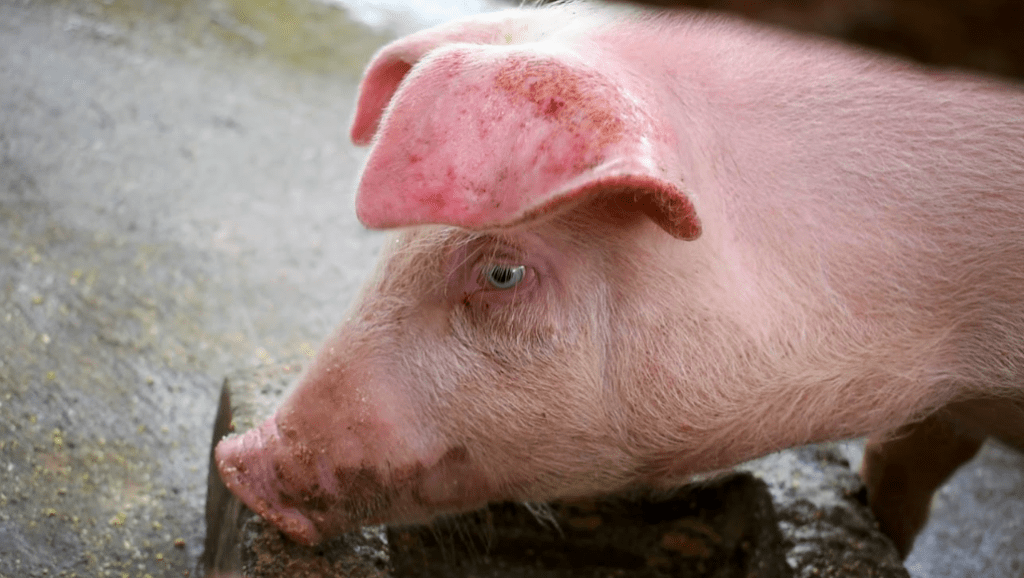
Williams Alberto Gámez Suazo, 31, is an organic coffee farmer in Honduras. He recently learned how to successfully diversify his family’s income sources thanks to support from the USAID Transforming Market Systems Activity in Honduras, led by ACDI/VOCA, and its partners.
The Activity teamed up with a local company called Café Orgánico Marcala (COMSA) and, together, technicians from each provided training to Williams and his father. Williams and his father learned how to improve the quantity and quality of their coffee for selling to export markets. The training came as part of the Activity’s efforts to ensure young entrepreneurs like Williams have access to economic opportunities. The Activity aims to address the root causes of migration out of Honduras to help build a more stable, inclusive economy.
Training Equips Entrepreneur to Diversify Family’s Income
Last year, Williams was one of 35 young entrepreneurs who participated in a business training and incubation program called AVANZA, supported by the Activity and COMSA and led by the Universidad Tecnológica de Honduras (UTH). Building on what he learned, Williams sold 10,000 pounds (100 quintals) of organic coffee to COMSA during the last harvest, earning $18,400. With these new earnings and support from the Activity and COMSA, he started his own coffee tree nursery to service his community and earn additional income.



Williams and his father own six hectares of arid land in Sisiguara, Marcalá, La Paz, which they acquired in 2018 and named Rancho El Pedregal. Since then, Williams has been working to expand upon what the land can offer. In 2020, Williams built a stable for his cows.
Because of its arid land, he took advantage of the rocky soil composition and built basins to store water. When he noticed that little water filtration occurred in the rocky soil, he decided to build fishponds to produce red tilapia. Drawing on the finance skills he gained from AVANZA, Williams invested in six fishponds. Last April, he sold his first batch of 420 red tilapias for $860.
“Nobody wanted to buy this land because no one believed it could be financially productive. This is a clear example of the value of effort, perseverance, and continuous hard work. With my family, I have been able to make this land produce income. It is satisfying to see our dreams come true. We have great hopes for the coming years.”
— Williams Alberto Gámez Suazo, a young coffee farmer and TMS Activity participant
Williams did not stop there. He also started pig breeding and poultry raising businesses. His sows recently produced two litters of 12 piglets each, and he has been selling about five pigs every six months. He currently manages 300 laying hens and sells their eggs locally for about $1,000 in monthly sales along with about 30 bottles of milk per day for $525 in monthly sales. Each venture not only provides more income for Williams and his family but also supports better food security within their community.
Furthermore, Williams is extracting stone and sand from the land for sale, which has led to $1,015 in revenue over the last six months. He has become a cattle and livestock inputs supplier for his neighbors. And he recently started renovating the ranch so that his family can host visitors interested in spending time there on the weekends — yet another income opportunity identified by this relentless entrepreneur.
Thanks to the AVANZA program, Williams identified new business models that will bring more income and growth to his family’s ranch and may benefit generations to come.
Learn more about the USAID Transforming Market Systems Activity in Honduras.
Learn more about our work in Honduras.








